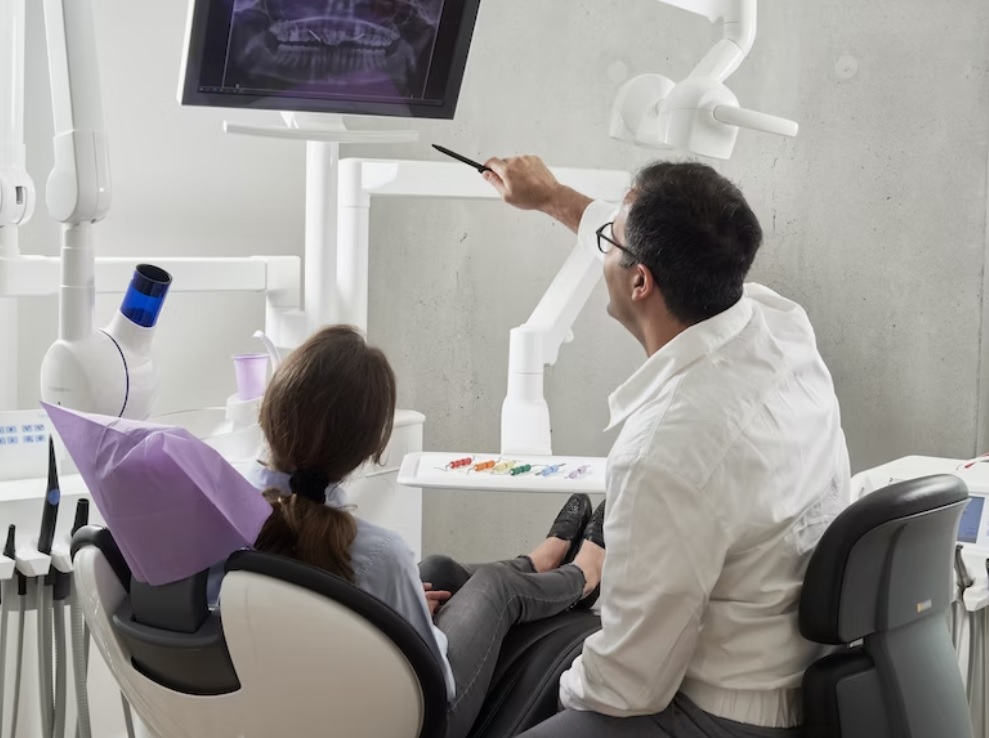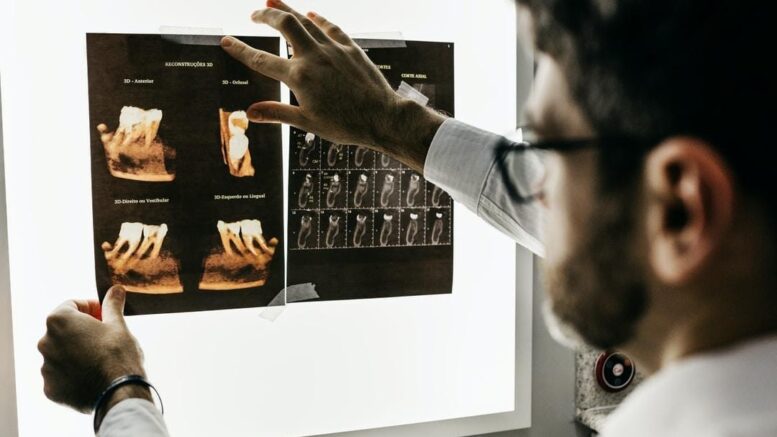Embarking on a career journey in the dental field can be both exciting and challenging. Whether you’re aspiring to become a dentist, dental hygienist, dental assistant, or any other dental professional, the road ahead requires dedication, knowledge, and effective study strategies. The dental field is a dynamic and ever-evolving domain, demanding a comprehensive understanding of oral health, patient care, and the latest technological advancements.
Understanding the Fundamentals
Mastering the basics is crucial in any field, and dentistry is no exception. Begin by immersing yourself in the foundational knowledge of dental anatomy, oral health, and common dental procedures. Utilize textbooks, online resources, and educational videos to gain a solid understanding of dental terminology, tooth structures, and oral cavity functions. When you do this, you can apply to a dental assistant training program and gain valuable real-world insights. So, make sure to establish a strong base, as this knowledge will serve as the cornerstone for more advanced topics down the road.
Interactive Learning and Hands-on Experience
The dental field is inherently practical, requiring hands-on skills that can’t be fully grasped through theoretical study alone. Seek out opportunities for interactive learning and practical experience. Consider shadowing experienced dental professionals, participating in dental workshops, and volunteering at local clinics. These experiences will not only enhance your understanding but also provide you with real-world insights and the chance to apply your knowledge in a clinical setting.
Organized Study Schedules and Time Management
Balancing academic commitments, practical training, and personal life can be challenging. Develop a structured study schedule that allocates dedicated time to different subjects and skills. Break down complex topics into manageable sections and set achievable goals for each study session. Effective time management ensures that you cover all necessary content without feeling overwhelmed, allowing you to absorb information more thoroughly.
Effective Study Techniques
Effective study techniques can significantly improve your learning outcomes – utilize active learning methods such as summarizing key concepts in your own words, creating flashcards for quick review, and teaching the material to a friend or family member. These techniques engage your brain in processing information deeply, making it easier to recall and apply during exams and clinical practice. Moreover, practice with past exam papers and case studies can help you become familiar with the types of questions you might encounter and improve your problem-solving skills.
Utilizing Technological Resources
Modern technology offers a wealth of resources that can aid in your dental studies. Explore interactive dental apps, virtual simulations, and online courses designed to enhance your learning experience. These resources can provide visual aids, interactive quizzes, and even virtual patient scenarios, helping you grasp complex concepts more easily and retain information effectively.

Interactive Dental Apps for Concept Reinforcement
Incorporating interactive dental apps into your study routine can provide a dynamic and engaging way to reinforce your understanding of key concepts. These apps often include 3D models of dental structures, animations demonstrating procedures, and interactive quizzes that challenge your knowledge.
By interacting with these visual aids, you can develop a deeper appreciation for the intricacies of oral anatomy and various dental treatments. Moreover, the immediate feedback provided by these apps helps identify areas where you might need additional focus, allowing you to tailor your studies accordingly. From anatomy exploration to dental terminology drills, these apps can turn learning into an immersive experience that enhances both retention and comprehension.
Virtual Simulations and Patient Scenarios for Practical Learning
Virtual simulations and patient scenarios are a valuable addition to your dental education toolkit. These technologies provide a safe environment to practice clinical skills and decision-making processes without the pressure of real-life patient interactions. Virtual simulations can guide you through step-by-step procedures, allowing you to manipulate virtual instruments and observe the outcomes of your actions.
Patient scenarios, on the other hand, help you hone your diagnostic skills by presenting you with diverse cases that require critical thinking and problem-solving. These tools bridge the gap between theory and practice, offering you the chance to develop muscle memory and clinical intuition before encountering patients in a real clinical setting.
Collaborative Learning and Discussion
Studying for a career in the dental field doesn’t have to be a solitary endeavor. Engaging in group study sessions and discussions with fellow students can enhance your understanding and provide different perspectives on challenging topics. Explaining concepts to others and engaging in debates can solidify your grasp of the material and reveal areas that need further clarification. Collaborative learning also cultivates a sense of community and support, which can be invaluable as you navigate the demands of dental education.
- Group Study Sessions: Join or organize study groups with peers who share your academic goals. Working together on assignments, reviewing notes, and discussing complex concepts can lead to a deeper understanding of the material.
- Diverse Perspectives: Interacting with classmates from various backgrounds and learning styles exposes you to different viewpoints. This exposure can spark insightful discussions and expand your overall comprehension of dental subjects.
- Interactive Problem-Solving: Tackling practice questions and case studies as a group encourages interactive problem-solving. Different members can contribute unique insights, helping everyone refine their critical thinking skills and approach to patient scenarios.
- Enhanced Retention: Teaching concepts to others solidifies your understanding. By explaining intricate dental theories or procedures to peers, you’re forced to break down complex topics into simpler terms, reinforcing your knowledge and boosting recall during exams or clinical scenarios.
Self-Care and Stress Management
The rigorous demands of studying for a dental career can sometimes lead to burnout and stress. Prioritizing self-care is essential for maintaining a healthy balance between your academic pursuits and personal well-being. Incorporate regular exercise, sufficient sleep, and healthy nutrition into your routine. Engage in relaxation techniques such as mindfulness, meditation, or deep breathing to alleviate stress. Taking breaks and pursuing hobbies you enjoy can refresh your mind and prevent study fatigue, ultimately improving your ability to absorb and retain information.
Conclusion
The journey to a successful career demands dedication, adaptability, and a strategic approach to studying. By mastering the fundamentals, seeking practical experience, employing effective study techniques, engaging in collaborative learning, and prioritizing self-care, you can navigate the challenges of dental education with confidence. Remember that your commitment to continuous learning extends beyond the classroom, as the dental field thrives on innovation and patient-centered care.
